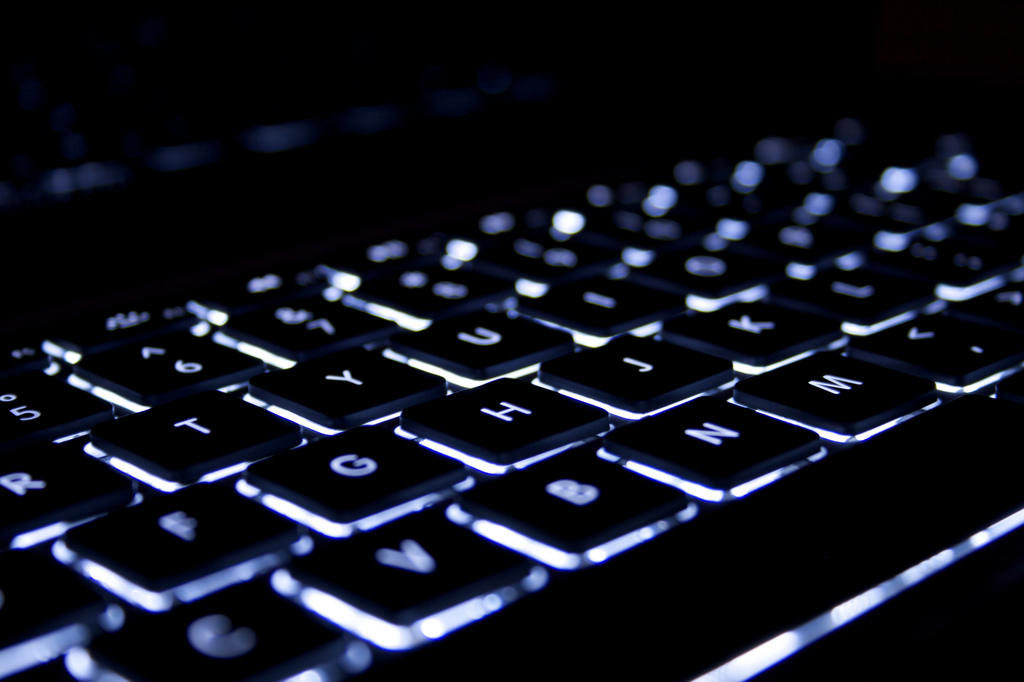When organizers fall out of the community mindset into that of publicity activism, we tend to stray from the impactful work of outreach. Rather than doing the big thinking, writing, or direct communication that can spur action in neighborhoods, we gravitate to easy methods of dopamine-driven communication that carry with them the illusion of being free when they actually play privacy, personal safety, financial well-being, and personal and mental well-being, as well as self-ownership at risk.
Facebook, Twitter, and other standard live feed/ fast paced discourse channels turn into public games instead of means to an end of publicity for the cause. We stay glued to the notification meter. Meanwhile, these channels ban hammer, disable, and debilitate the reach of powerful activists, regularly isolating them from Friends and family after getting them hooked on Facebook as a substitute for other means of connection and communication. I’ve fallen into that same trap myself before, using public theater more than public outreach, a truth that hit me right in the face recently.
See, I was hacked. My Facebook account was briefly disabled. The amount of data available to the hacker included the ad targeting habits underlying my Facebook account. My personal conversations with family and friends were open to the hacker. It enabled them to impersonate me to everyone I know.
Think about that.
I was able to shut down the problem before anything spun out of control.
But think about if I wasn’t and it had.
My Facebook record would be in the hands of a hacker.
Would it be worth it?
No, right? Does that mean we should never use Facebook or other major social media channels? Not necessarily. These networks have decent value for media distribution, and we need that. We are up against shadowy mega-billionaires in the fight for democracy. But if we rely on these means more than we do face to face discussion, we leave ourselves highly vulnerable to our opposition. In the meantime, content-production about big-picture issues stalls out. That long-form piece you were going to write about issues of strategy? It dies on the vine. Doors go un-knocked as provocateuring on Facebook replaces the work.
And then your account gets attacked by a hacker or disabled by Facebook for either security or because somebody didn’t like something you said.
Methods of communication other than social media are not as susceptible to impersonation; no hacker can get between you and your neighbor in face-to-face conversation. Listening in on your phone (OR ENCRYPTED APP) is more difficult to disrupt for your enemies, be they rogue or systemic. Even email- phishing aside- is more under your control than most of your social media accounts, where someone can behave like you in complete perception, with the entire authority of your image and voice.
Yesterday I went out to hang several hundred voter-registration door hangers. In previous days, I had knocked several hundred doors. In both circumstances, I met a few people. On occasion, I have had the chance to use my sparse but improving Spanish. (Me gusta hablar español. No hablo mucho, pero trato aprender). I registered voters and got direct feedback from them. I’ve made the case for issues and campaigns.
And it never would have happened on Facebook.
I had to knock doors.
I implore you to do the same. Block walk for candidates. Plug-in with a campaign for a Democratic candidate you believe in. Candidates in Harris County range from self-described radicals to average centrists. You’re going to like one even if you dislike others.
Stump for someone.
Leave the house if at all possible. Talk to people you’ve never met. When you look back on 2018, be able to say “I did more than just post. I did more than just vote. I fought like hell for something I believed in.”
Registration ends after October 9th.
Early voting starts October 22nd.
Election Day is November 6th.
Go fight!

